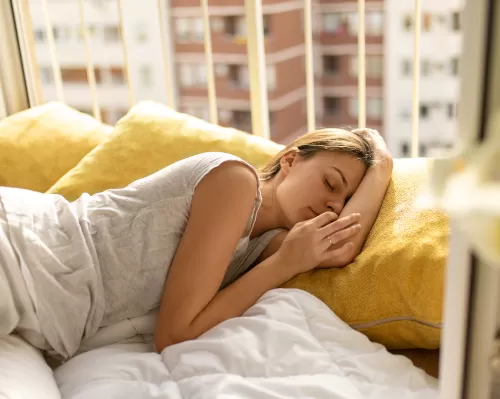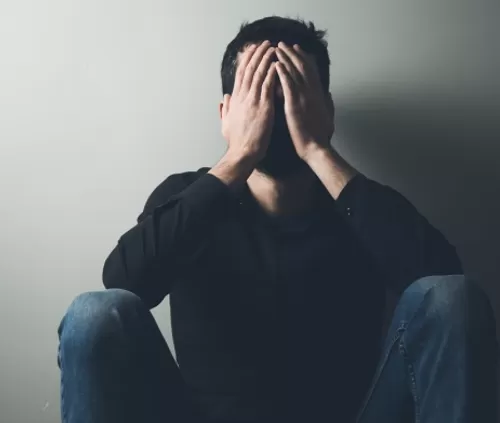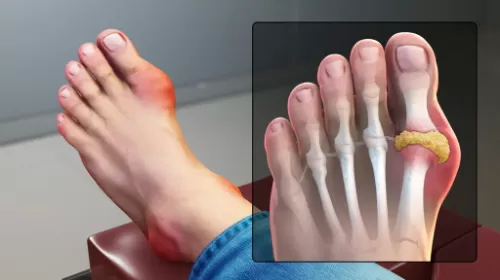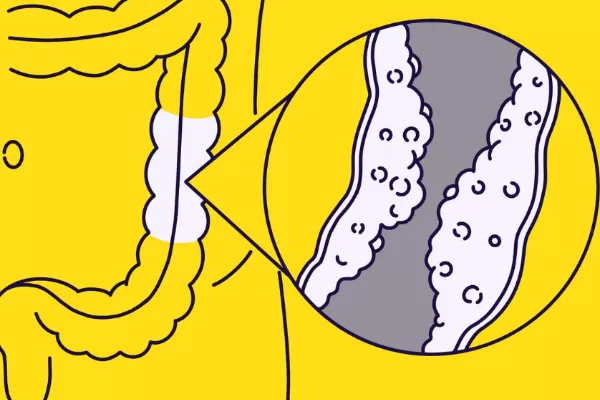Related searches

Treatments for Excessive Daytime Sleepiness
Behavioral Therapies
1. Cognitive Behavioral Therapy for Insomnia (CBT-I)
CBT-I is a highly effective treatment for excessive daytime sleepiness, particularly when insomnia is a contributing factor. This therapy involves changing sleep habits and scheduling, controlling stimuli, and using relaxation techniques. CBT-I addresses the underlying thoughts and behaviors that disrupt sleep, significantly improving sleep quality and duration.
2. Relaxation Techniques
Relaxation techniques are vital in managing excessive daytime sleepiness, especially when stress or anxiety impairs sleep. Techniques such as deep breathing exercises, progressive muscle relaxation, meditation, and guided imagery can help calm the mind and body, making it easier to fall asleep and improve sleep quality. Regular practice of these techniques can significantly reduce sleep-related issues and daytime fatigue.
3. Biofeedback
Biofeedback is an innovative approach to treating excessive daytime sleepiness. This technique involves using electronic monitoring to convey information about physiological processes like heart rate, muscle tension, and brain wave patterns.
By being aware of these processes, individuals can learn to control them. Biofeedback can help in managing stress and anxiety, which are often underlying causes of disrupted sleep, thereby improving overall sleep quality and reducing daytime drowsiness.
Medical Interventions
Prescription Medications
1. Modafinil
Modafinil is a prescription medication primarily used to treat excessive daytime sleepiness associated with conditions like narcolepsy, sleep apnea, and shift work sleep disorder. It works by altering neurotransmitters in the brain to promote wakefulness. Unlike traditional stimulants, Modafinil has a lower risk of dependency and doesn't typically cause jitteriness or a post-medication crash.
2. Armodafinil
Armodafinil, closely related to Modafinil, is another prescription medication used to combat excessive daytime sleepiness. It's particularly effective for those with narcolepsy, obstructive sleep apnea, or shift work disorder. Armodafinil works by affecting certain chemicals in the brain that control the sleep/wake cycle, providing a more consistent sense of alertness throughout the day.
3. Stimulants
Stimulants, including amphetamines and methylphenidate, are sometimes prescribed for excessive daytime sleepiness, especially when linked to narcolepsy. These medications increase alertness, attention, and energy by increasing the activity of certain chemicals in the brain. However, they can have side effects and a potential for dependency, so their use is closely monitored by healthcare professionals.
Over-the-Counter Supplements
1. Melatonin
Melatonin supplements are widely used to improve sleep quality and manage sleep disorders. As a naturally occurring hormone that regulates the sleep-wake cycle, supplemental melatonin can help reset the body's internal clock, aiding in falling asleep faster and potentially reducing excessive daytime sleepiness, especially in cases of circadian rhythm disorders.
2. L-Theanine
L-Theanine, an amino acid found in tea leaves, is known for its calming effects. As a supplement, it can help reduce stress and anxiety, which are often contributors to poor sleep quality and excessive daytime sleepiness. L-Theanine promotes relaxation without drowsiness, making it beneficial for improving overall sleep quality.
3. Valerian Root
Valerian root is a herbal supplement used for its sedative properties. It is often taken to improve sleep quality and ease insomnia, which can, in turn, help alleviate excessive daytime sleepiness. Valerian root works by potentially increasing levels of a neurotransmitter that helps regulate nerve impulses in your brain, leading to a calming effect.
Sleep Apnea Treatments
1. Continuous Positive Airway Pressure (CPAP)
CPAP therapy is the frontline treatment for obstructive sleep apnea, a common cause of excessive daytime sleepiness. This therapy involves a machine that delivers a steady stream of air through a mask, keeping the airways open during sleep. It significantly reduces sleep interruptions and improves overall sleep quality, thereby diminishing daytime sleepiness.
2. BiPAP Therapy
Bi-level Positive Airway Pressure (BiPAP) therapy is similar to CPAP but uses two pressure settings: one for inhalation and a lower one for exhalation. BiPAP is often used for individuals who struggle with CPAP therapy or have other conditions like chronic obstructive pulmonary disease (COPD). It helps in reducing the effort of breathing, improving sleep quality, and reducing daytime fatigue.
3. Lifestyle Modifications for Sleep Apnea
Lifestyle changes are crucial in managing sleep apnea and its associated daytime sleepiness. Weight loss, if necessary, can significantly reduce sleep apnea symptoms.
Avoiding alcohol and smoking, maintaining a healthy diet, and sleeping on one’s side instead of the back can also help reduce airway obstruction during sleep. Regular exercise strengthens the respiratory system, further aiding in managing sleep apnea.
Managing Stress and Mental Health
1. Psychotherapy and Counseling
Psychotherapy and counseling can be effective in addressing the mental health issues that often contribute to excessive daytime sleepiness. Through these therapeutic approaches, individuals can explore and address underlying causes of stress, anxiety, or depression, which may be impacting their sleep. This process can lead to improved sleep hygiene and a significant reduction in daytime drowsiness.
2. Stress Reduction Techniques
Stress reduction techniques are vital in managing excessive daytime sleepiness, particularly when stress is a key contributor. Techniques such as deep breathing exercises, progressive muscle relaxation, and engaging in hobbies or activities that reduce stress can be highly beneficial. Regular practice of these techniques can help lower overall stress levels, leading to better sleep quality and less daytime fatigue.
3. Mindfulness Meditation
Mindfulness meditation is a powerful tool for managing both stress and sleep disturbances. It involves focusing on the present moment and observing thoughts and sensations without judgment.
Regular practice of mindfulness meditation can improve sleep quality by reducing the mental chatter and anxiety that often interfere with sleep. This, in turn, can help alleviate excessive daytime sleepiness, enhancing overall well-being and alertness.
Diet and Nutrition
1. Foods That Promote Wakefulness
Certain foods can help combat excessive daytime sleepiness by promoting wakefulness. These include protein-rich foods like chicken, fish, and eggs, which provide sustained energy. Whole grains and nuts, rich in complex carbohydrates and healthy fats, also help maintain steady blood sugar levels, preventing energy dips that can lead to sleepiness
2. Foods to Avoid Before Bed
To improve sleep quality and reduce daytime sleepiness, avoiding certain foods before bedtime is important. Heavy, rich meals can cause discomfort and indigestion, disrupting sleep.
Caffeine and chocolate can act as stimulants, while sugary foods can lead to a rapid spike and drop in blood sugar, affecting sleep. Spicy foods should also be avoided as they can cause heartburn.
3. Hydration and Its Impact on EDS
Proper hydration is crucial for overall health and can significantly impact excessive daytime sleepiness. Dehydration can lead to fatigue, affecting alertness and energy levels.
However, it's also important to balance fluid intake to avoid frequent nighttime awakenings for bathroom trips. Maintaining adequate hydration throughout the day can help improve alertness and reduce symptoms of EDS.
When to Seek Professional Help
Seek professional help for excessive daytime sleepiness if it persists despite lifestyle changes, affects your daily activities, or is accompanied by snoring, breathing pauses during sleep, or a feeling of choking at night. Unexplained mood changes or cognitive impairments are also signs of seeking medical advice.
Consider consulting a primary care physician, a sleep specialist, or a neurologist for excessive daytime sleepiness. These professionals can diagnose underlying conditions like sleep apnea, narcolepsy, or other sleep disorders. A psychiatrist or psychologist may be consulted if mental health issues are suspected to be contributing factors.
Before a consultation, track your sleep patterns, diet, and exercise habits. Note any medications or supplements you're taking, and document instances of daytime sleepiness and how they impact your daily life. Also, record any other symptoms you're experiencing, such as snoring or mood changes, to provide a comprehensive picture to your healthcare provider.








